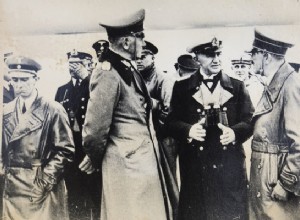Features Crew :4 men.Weight :48,980 t.Engine :Continental AVDS-1790-2A 12-cylinder diesel developing 750 hp at 2,400 rpm.Dimensions :length with barrel, 9.436 m; length (body), 6.946 m; width, 3.631 m; height , 3.27 m. Performance :maximum road speed , 48.280 km/h; maximum autonomy on the road , 50




